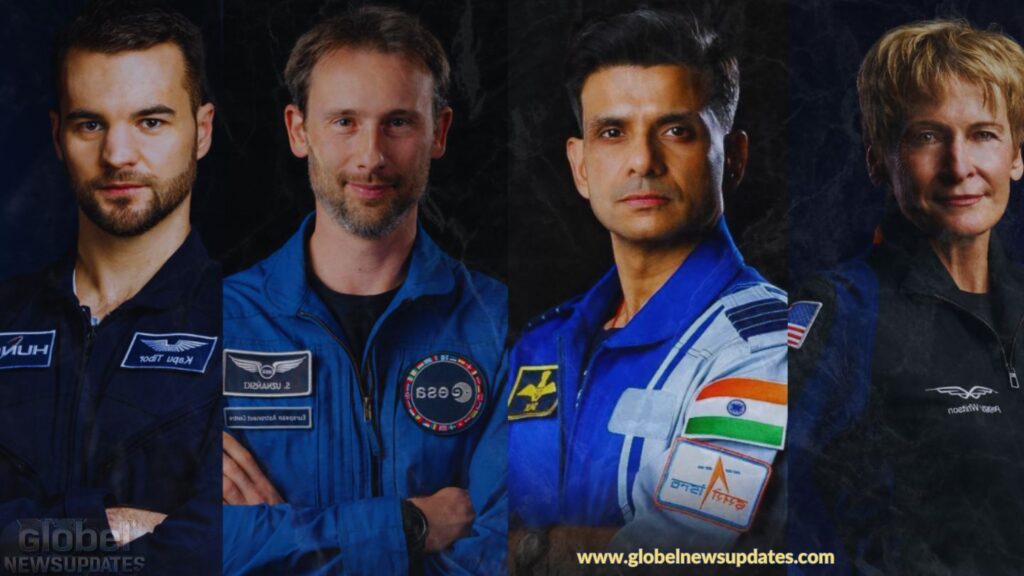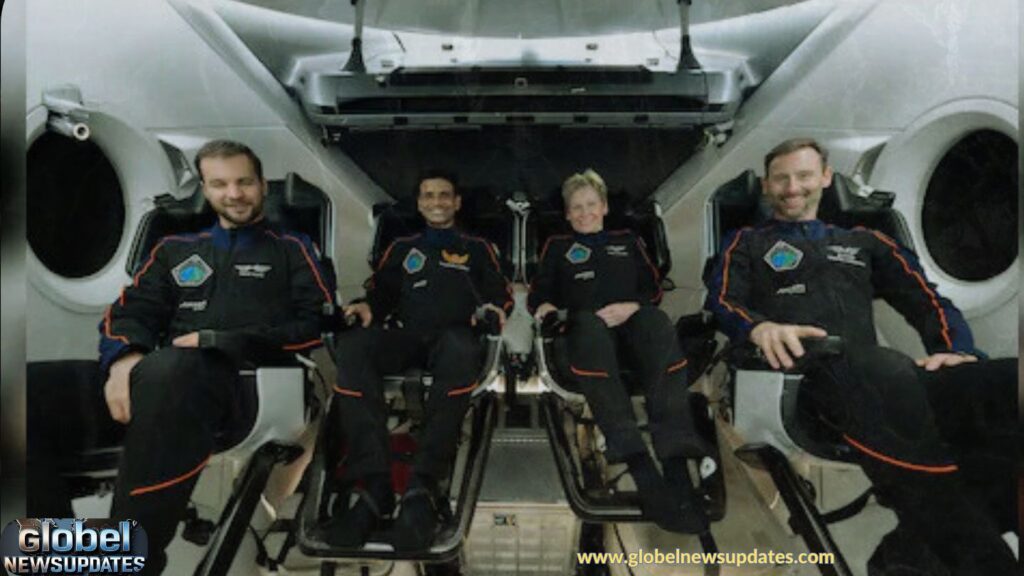After astronauts spend 14 days in space, they are likely to experience symptoms such as fatigue, dizziness, weakness, and muscle weakness.
New Delhi:
Group Captain Subhanshu Shukla, 39, who started his career as an Indian Air Force pilot and turned astronaut, recalled the launch of his first call from space. He described the experience as “indescribable”. Astronaut Shukla and his team will spend the next 14 days conducting scientific research on the International Space Station (ISS).
“Initially, I was not feeling well. I slept a lot after entering the vacuum. I had to learn how to walk and eat like a baby in space,” said Mr Shukla.

Effect of Spaceflight and Zero Gravity on Human Body
NASA’s Human Research Program (HRP) has been studying the effects of space travel on the human body for the past 50 years. It is critical for NASA to understand the physical changes astronauts experience as they travel from the International Space Station, which is close to Earth, to the Moon, and beyond, to the depths of space.
Astronauts will experience three different gravity conditions on a mission to Mars. On Mars, they will live in a gravity that is one-third that of Earth. During the six-month journey from Earth to Mars, they will be weightless — that is, they will be in microgravity.
It is not easy to transition from one gravity environment to another. Many astronauts experience ‘motion sickness’, which makes it difficult for them to move, maintain balance, coordinate hand-eye or head-eye movements, and observe their surroundings. After returning to Earth, they will need to readjust to Earth’s gravity.
According to NASA, weight-bearing bones lose about 1 to 1.5 percent of their mineral density per month in space. While some recovery is possible after returning to Earth, it may not be possible to fully recover. However, the risk of fractures is low.
In addition, microgravity causes body fluids to move toward the head and put pressure on the eyes, which can cause vision problems. Dehydration, increased calcium loss from bones, and a weakened immune system can increase the risk of kidney stones.

Some astronauts have reported experiencing back pain while in space. Ultrasound scans of the spine are used to detect such conditions. MRIs and high-resolution scans are used to measure changes in bone density and muscle size before and after spaceflight.
Furthermore, researchers are able to study the physiological changes that astronauts experience more thoroughly by assessing their fitness levels.
If astronauts do not eat properly and exercise regularly, muscle mass in microgravity will decrease much faster than on Earth.
Astronaut Subhanshu Shukla and three other astronauts are currently part of Axiom Mission 4, which launched from Florida. The spaceflight will last for 14 days.
